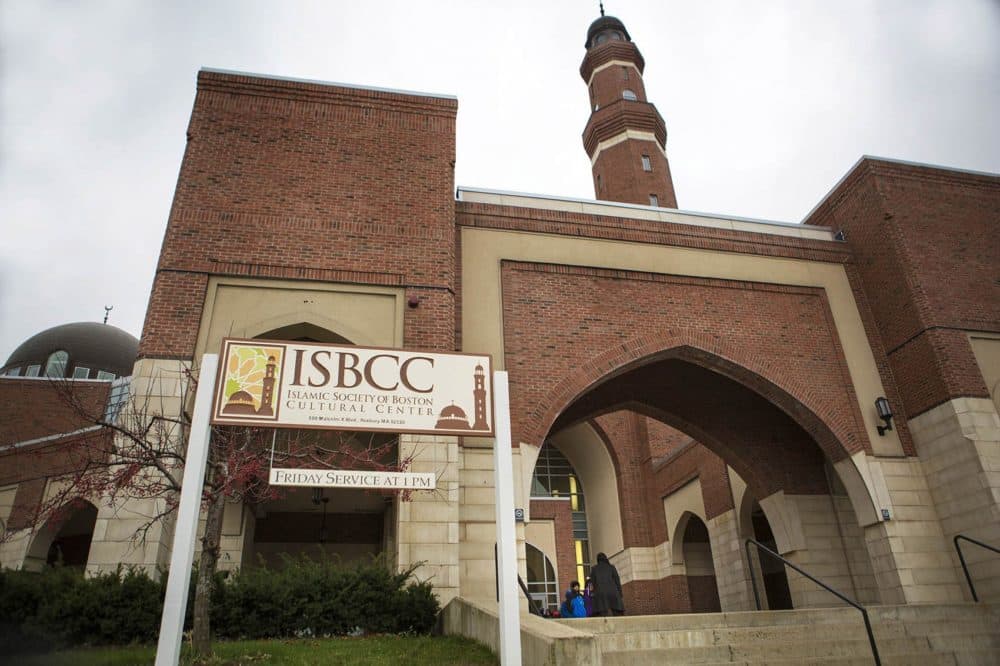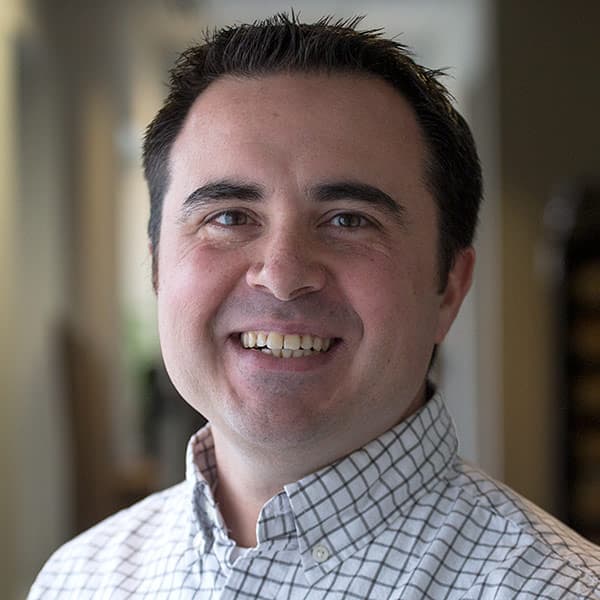Advertisement
How Muslims Are Celebrating Ramadan Now Amid The Pandemic
Resume
The Muslim holy month of Ramadan began at sundown on Thursday. Like many other facets of life, the novel coronavirus pandemic is affecting how this religious holiday will be celebrated.
For a look at how things are changing, WBUR's Morning Edition host Bob Oakes spoke with Amr Elfass, the executive director of the Islamic Society of Boston Cultural Center. The following has been lightly edited for clarity.
Interview Highlights
On the biggest difference the Muslim community will experience this Ramadan with the health crisis:
Elfass: The mosque for us in Ramadan is the hub. Everyone — rich and poor, all the diverse Muslim community — come together in the mosque. This is the first time ever in our lives to have the month without the mosques being open.
On how members of Boston's Muslim community are feeling about not being able to visit their mosque during this time:
People are in different emotional states right now. Some people accept that and they are heartbroken. Some are still in denial. It's emotional bond that right now we are dealing with. There's nothing we can do about it, unfortunately.
What advice are you giving in terms of Ramadan prayers since they are such a communal thing usually at this time:
I would say previously we thought it's advisable to go to mosque and pray, however we got to this thinking it has to be done this way. However [during the pandemic] this is another way of praying and connecting to God individually. We don't have to connect by a group. Right now we're telling [congregants] this is a fate and a destiny we are facing all together, but we still have the luxury of praying to God and asking Him that everything will be okay and be normal... and preserve us, our loved ones, and health in our country.
The end of Ramadan is usually marked with a celebration and feast — Eid al-Fitr. What is that normally like and how will it be different this year?
After those 30 days of fasting and worshiping God, we usually have our feast at the end of this period. These are the days we show that we are happy. We get dressed in very colorful cheerful dressings and we go out together and we pray together.
Unfortunately this won't happen this year. This is another thing we have to face and accept. This is something, to be frank, we weren't prepared for it. We have to face it and live it. We have to get the message out to our communities that we're being asked by God and his prophets to show happiness on those days and we have to do that.
This segment aired on April 24, 2020.

